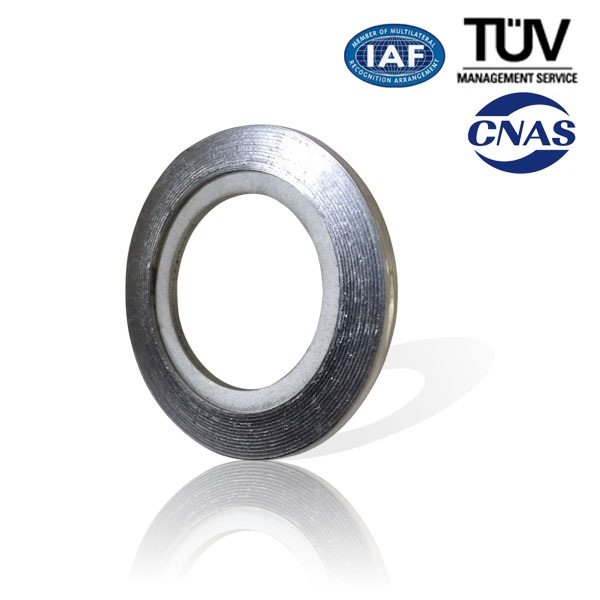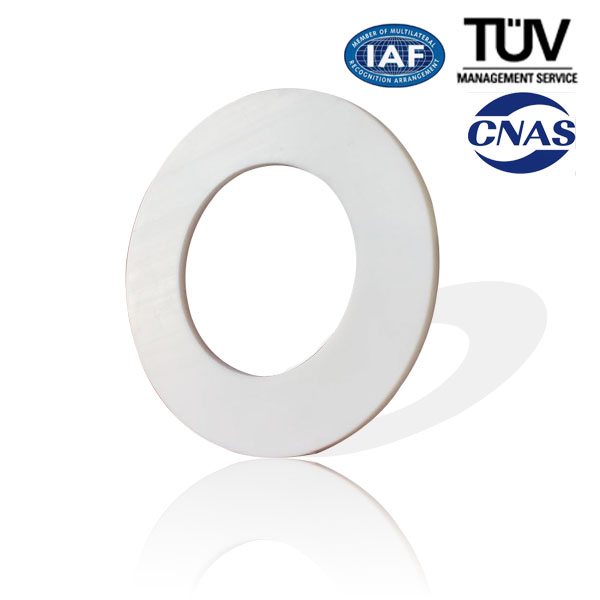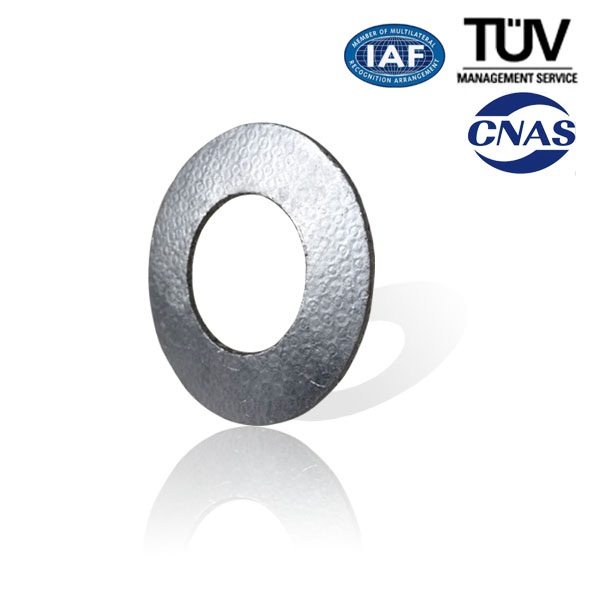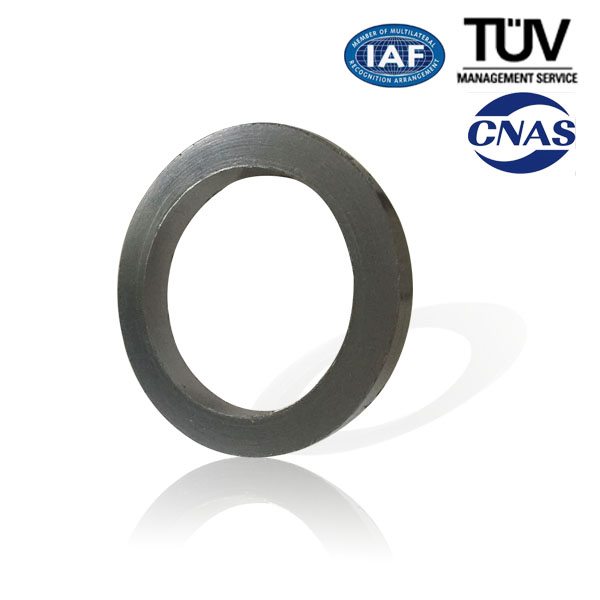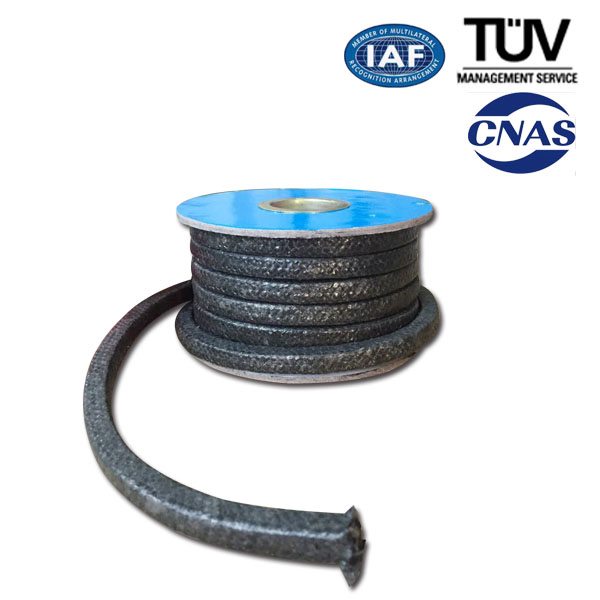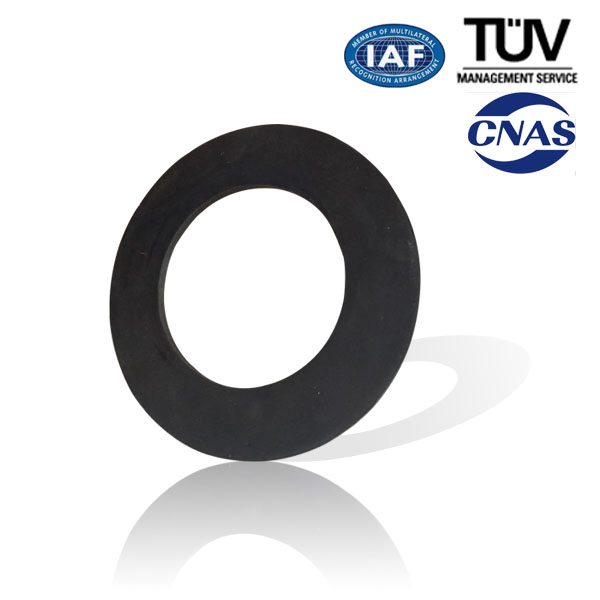Original Factory Tellerette Packing Ring for Costa Rica Manufacturer
Original Factory Tellerette Packing Ring for Costa Rica Manufacturer Detail:
Material: PE, PP, RPP, PVC, CPVC and PVDF. Tellerette Packing Rings have features such as high void ratio, low pressure drop, low mass-transfer unit height, high flooding point, uniform gas-liquid contact, small specific weight, high mass transfer efficiency, etc., and the application temperature in media ranges from 60℃ to 150 ℃.For these reasons, them are widely used in the packing towers in petroleum industry, chemical industry, alkali-Chloride industry, coal gas industry and environmental protection, etc.
Technical Data Sheet
Product detail pictures:

Related Product Guide:
What Is A PTFE Ring Gasket?
Comparison of O-Ring Materials
Original Factory Tellerette Packing Ring for Costa Rica Manufacturer, The product will supply to all over the world, such as: , , ,
ZnTe crystal, 10x10x0.5 mm, 110-cut sales@dmphotonics.com
[CR-ZnTe-10-10-0.5]
Size 10×10 mm Tolerance ±0.2 mm
Thickness 0.5 mm Tolerance ±0.1 mm
Orientation 110-cut Tolerance ±30 arc min
Surface quality 40/20 S/D
Parallelism less than 2 arc min
Flatness 1 λ
Coating no
More:
Model Product Name+ Price Buy Now
CR-ZnTe-10-10-0.3 ZnTe crystal, 10x10x0.3 mm, 001-cut $1,280.00 Buy Now
CR-ZnTe-10-10-0.5 ZnTe crystal, 10x10x0.5 mm, 110-cut $840.00 Buy Now
CR-ZnTe-10-10-1 ZnTe crystal, 10x10x1 mm, 110-cut $800.00 Buy Now
CR-ZnTe-10-10-2 ZnTe crystal, 10x10x2 mm, 100-cut $1,080.00 Buy Now
CR-ZnTe-10-10-2 ZnTe crystal, 10x10x2 mm, 110-cut $920.00 Buy Now
CR-ZnTe-10-10-3 ZnTe crystal, 10x10x3 mm, 110-cut $1,520.00 Buy Now
CR-ZnTe-20-20-0.2 ZnTe crystal, 20x20x0.2 mm, 110-cut $2,460.00 Buy Now
CR-ZnTe-20-20-0.5 ZnTe crystal, 20x20x0.5 mm, 110-cut $1,860.00 Buy Now
CR-ZnTe-20-20-0.5-AR ZnTe crystal, 20x20x0.5 mm, 110-cut, AR coated $2,715.00 Buy Now
CR-ZnTe-5-5-0.15 ZnTe crystal, 5x5x0.15 mm, 110-cut $780.00 Buy Now
CR-ZnTe-5-5-0.2 ZnTe crystal, 5x5x0.2 mm, 110-cut $720.00 Buy Now
https://greyhawkoptics.com/index.php?cPath=32_34&osCsid=8691b98d7a0eb9ada330adac4585e400
The most common of these THz source technologies are photoconductive switches comprised of a semiconductor material and two parallel metal strips that act as electrodes through which a large voltage is applied externally.
When a short, or sub-picosecond, pulse of light is incident between the strips, electrons and holes created by the light pulse are accelerated, leading to the generation of a broadband electromagnetic pulse with the frequency spectrum centered in the THz range
The spacing between the metal strips can be as small as microns, and fabrication of such a microelectronic device is therefore costly and complex.
Moreover, the external bias voltage can be limited by dielectric breakdown in air, restricting the amount of energy in each THz pulse.
In an exciting new development, researchers at the U.S. Army Research Laboratory’s Adelphi Laboratory Center in the Sensors and Electron Devices Directorate including Dr. Michael Wraback, Dr. Grace Metcalfe, and Dr. Paul Shen, have developed and successfully tested new ways of generating THz emissions that do not rely on these unfavorable features, and have promising futures in both biomedical and security applications.
“We wanted to exploit the area between microwaves and infrared in order to gain an advantage that our adversaries do not have,” Wraback said.
ARL offers three different alternatives to the traditional THz approach that do not require the use of metal contacts and externally-applied voltage, through three different ARL patents.
Through these alternatives developed, ARL researchers believe that current THz technologies can be improved and have a very promising future in both the biomedical field and in security applications.
THz-rays are nonionizing, meaning that they pose no harmful threat to biological tissues–unlike x-rays, for example–and can pass through thin layers of low-water-content materials such as clothing, paper, wood, plastics and ceramics.
As a result, ARL researchers believe their new THz source could be used to “see” high-resolution changes in the density of biological tissues near their surfaces, with the possibility of ultimately enabling handheld devices to identify potentially harmful anomalies during routine screening, hopefully reducing the time between initial detection and full examination.
In addition, the ARL technology could be used to develop safer, accurate, noninvasive and more cost-effective ways to screen for malignancies, such as a simple breathalyzer test, and improved detection of tooth decay.
ARL researchers also stated that their new THz technology has great potential in the biomedical field in terms of pharmaceutical practices.
“THz technology is also very prominent in the pharmaceutical field, especially in the area of pill coating,” said Shen.
THz technology allows for the determination of the integrity of the structure of pills through the imaging of their coatings, which is a significant benefit for pharmacists.
In terms of security applications, THz has potential investigative uses since many materials give off distinctive spectral “fingerprints” when exposed to THz radiation, such as explosives, chemicals, medications and illegal narcotics.
In addition, due to its special nondestructive nature, THz radiation can be used to distinguish between visually-similar materials, a capability ideally suited to quality control in applications ranging from food preparation to inspection of integrated circuit chips


